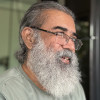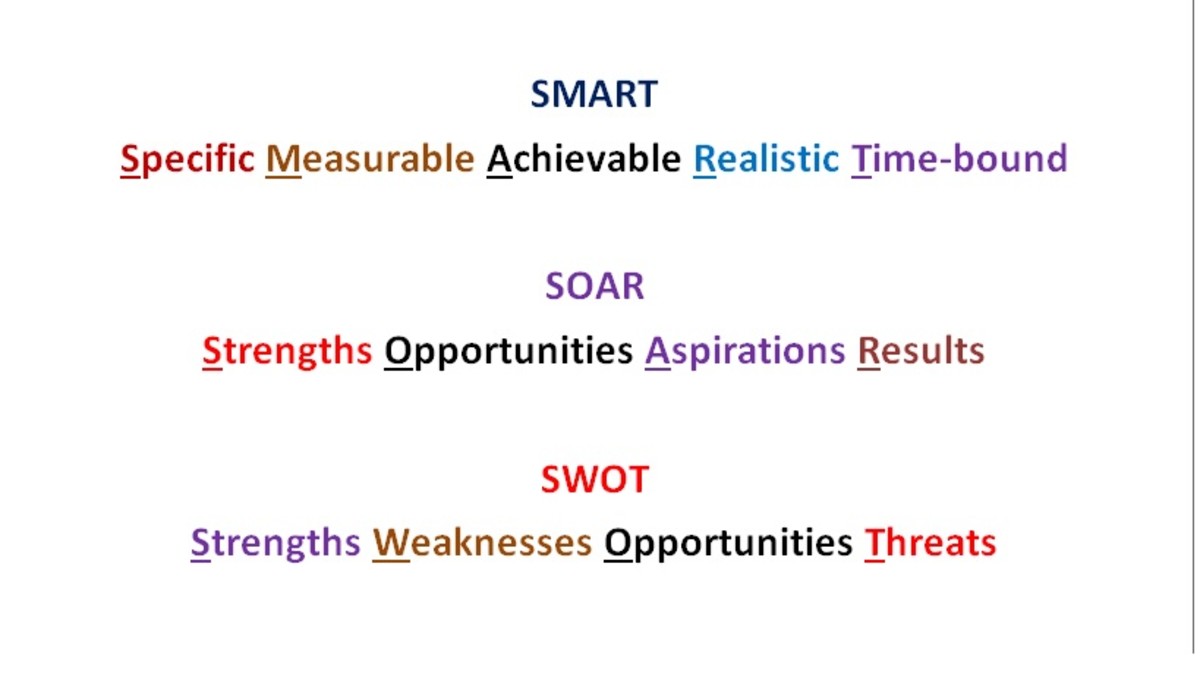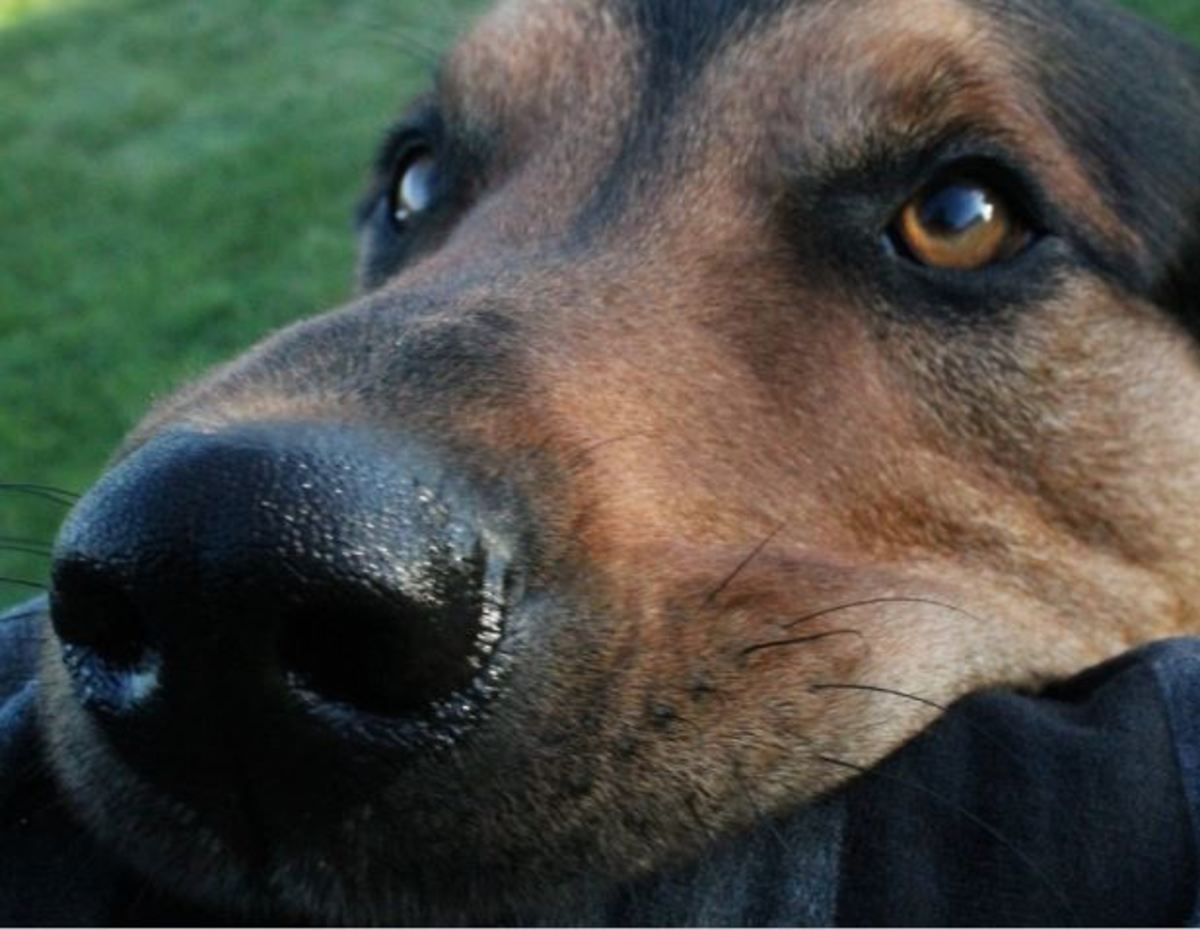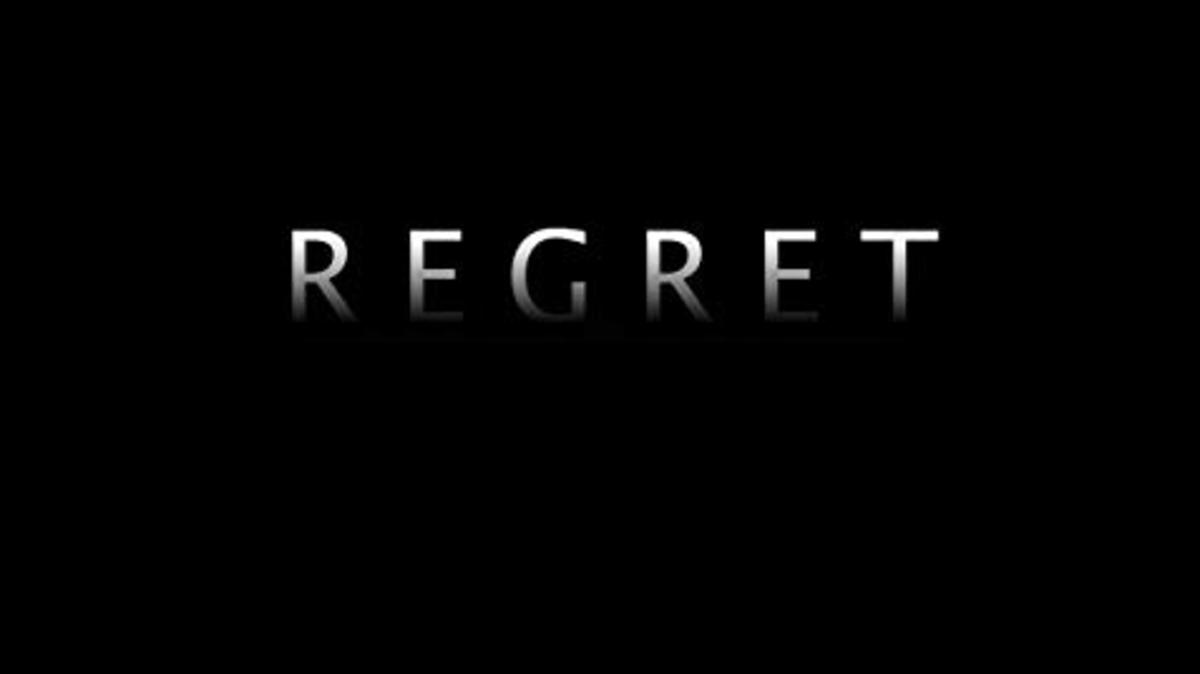Why do and why not?

Whydooryam Whyramootoo, very often and nearly always, wondered why. Little did his parents imagine when they named him on the day of his birth after the Tamil appellation for the gemstone Chrysoberyl, implying their son to be the crowning jewel of their family name that was itself an amalgamation of the Tamil equivalents of a diamond and a pearl, that it would also aptly correspond to his soon-to-be-evident propensity for inquiry in the relentless pursuit of truth. From the prejudiced point of view of doting parents, he indeed grew up to be one; a resplendent and delightful crowning jewel. And this too had him wondering why; about the reasoning for this obvious bias, and the reasoning behind that reasoning. As a boy of seven he reckoned that if he were really a jewel, then so was every other child and that would make it one too many in the resulting unbearably dazzling world.
Though there would certainly have been many such instances earlier, the first "Why do" experience with an engaging narrative-potential that the family collectively remembered was when Whydoo, as he came to be lovingly known, wondered why Harry Potter found Aunt Molly's crooked knitting needles furiously at work creating an oversized pullover using cheap quality wool, when the best specimen of Suffolk sheep could have been easily bewitched to do the complicated job directly, with the finished merchandize of ultimate excellence appearing out of their pleasing backsides - all creased, packed, perfumed, and ready to wear. The bewildered parents had tried their best to provide a convincing answer as to why not, and unfalteringly and comprehensively failed.
A very conservative home and family atmosphere made young Whydoo seamlessly imbibe intricate tenets of the prevailing religious creed that his society professed. He became familiar with the pantheon of iconic personifications of those tenets and recognized their use in regulatory rituals and societal communications and interactions, intended essentially for lasting inter-personal cohesion and reckonable empathy within the ambit of guiding cultural canons. Undeniably, there were any number of skirmishes sporting varying intensities, traits, and significance of the "Why do" kind along the way, but all competently managed within the bounds of sensible intellectual barter and mutually favorable deals between the contending parties. Given his inherent disposition towards a largely unbiased analysis of situations, as well as a sincere endeavor from his parents at diffusing potentially explosive circumstances generated by conflicting perspectives, Whydoo and his family weathered the expectedly messy period of his adolescence with relative ease. Dramatics with the express intent to articulate and advertise annoyance during extreme confrontations were restricted to unusually elongated faces that could send an automated face recognition system on an unproductive alien-chase; wilting half-wet eyes that could almost project enduringly immobilizing stun-rays; or strangely long bouts of declared dreamless slumber in self-enforced isolation.
Increasing sophistication in formal education corresponding to his progress through the process of prescribed schooling, exposed Whydoo to a parallel and almost similar organization of the pervasive material world. There was always this nagging sense of déjà vu at every logical crossroad, an uncanny familiarity of the overall rational landscape everywhere, a mysterious mirage-like substantiality of shared fundamental underpinnings at every level of organization. It seemed a virtual possibility that any idea could be expressed in terms of attributes of the universally prevailing matter-energy-time agglomerate. So also, any material object could assume an unformulated, nebulous, unsubstantial construct. When this thought first crystallized, Whydoo had attempted employing this prescription to describe the world that he was familiar with. How would it be, he contemplated, to portray the ancient Egyptian religion practiced at Philae about which he was reading the previous night, as an object weighing a certain number of tons, dimensional extents of a certain magnitude, and specific gravity of a certain enormity on the standard scale. Or to say that the proportions of the temple at Philae fully occupied the intensely meditative domain of all true and dedicated adherents of the religion considered collectively. The first externalized reaction to these supposed outlandish thoughts had been an impish smile which was a reflection of the mirth-induced doubling-up of his brain's data analysis neural networks in uncontrollable amusement.
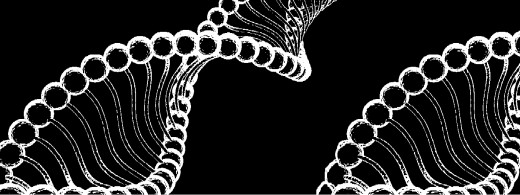
A story wouldn't be one without a twist, a turn, or a tumultuous tingling twitch leading to a tricky and seemingly intractable tangle. Whydoo's journey of existential discovery had arrived at such an intriguing intersection. On one side lay his experiences of the cultural milieu he found himself in, and the general understanding of known scientific processes. On the other was the captivating arena of the unknown, to be probed and analyzed to possibly lift the veil shrouding it.
Darwinian principles established preservation as the primary driving force of nature with propagation as its extended alternative, considering the unfeasibility of eternality of the first initiative. Whydoo understood the material equivalent of this idea to be DNA, and its purposeful evolution in complexity over time, establishing correspondingly complex functional organs around itself, all to unremittingly carry on the primary initiative. Yet, the real world was conspicuously replete with exceptions to this expectedly iron-clad rule; duty-bound combatants in any manner of confrontation, celibate truth-seekers, and eunuchs of the natural, enforced, and self-inflicted categories, to name a few. He visualized a regulatory scheme on a higher plane controlling the activities of these apparently independent entities for its own preservation and propagation, with the entities lower down the order being only equivalents of tiny strands of the superior entity's DNA or comparable to the even more elementary nitrogenous base covalently bonded to a single node of its enormous spiral chain.
Whydoo could immediately relate this idea to the functioning of an ant colony, where the queen ant produced different categories of functional ants - soldiers, workers, foragers, scavengers, and managers. Perhaps even preachers, teachers, and other abominable creatures, the last one not necessarily mentioned in the context of either of the first two, surmised the intrepid thought explorer. He realized that all functional ants displayed a certain degree of revocable freedom in their activities but were strictly ordered to operate for the furtherance of the existential requisites of the anthill; personal objectives be damned. Interestingly he could project this trait of the cooped-up cooperatives of Formicidae to comparable organizations in the dynamic realm of the Hominidae; family, society, nation, religion, companies engaged in business pursuits, ruling dynasties, political ideologies; his list seemed endless. It set Whydoo wondering, as he was always wont to, as to whether there was a two-way stream of activity-propelling forces at work simultaneously, one that we call evolution, and the other possibly referable to as "devolution" that organized available components in the environment at any given time, populating a plane of being that we humans could only imagine as existent. And then there could be a still higher plane … and one still higher…
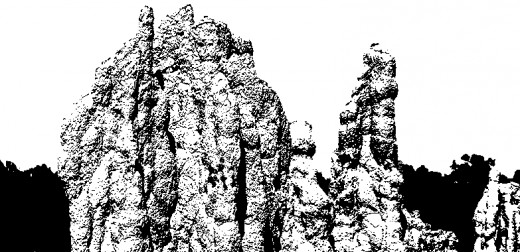
Doing a quick mental analysis of the three known hierarchical planes definitely known - the one above whose existence he had just theorized, his own, and the one within him that harbored millions of bacteria and viruses, Whydoo deduced that as a thumb rule, higher planes supported lesser entities. If this deduction were applicable all the way up the hierarchy, it would logically lead to a plane with only one entity. Could this be the excessively acclaimed and at times much maligned, god, he speculated. Did this conjectural scheme of double streamed activity-propelling forces, one acting upon a planar hierarchy in one direction, the other working on a nodal pecking order in the opposite direction, provide a science based explanation to the notion of a non-arbitrary, totally organized god, residing on the primary plane of the first force stream? It was a question that would perhaps never be answered conclusively.
The wizened and thoughtful young man seemed to have realized that he had reached a stage in his journey where what lay beyond was just about impossible to fathom with the tools currently available to him. In such a position of near despair, resolve seemed a myth, understanding at best a state of myopia, the ideal of emancipation a mirage, claims of being omniscient a masquerade, and the nature of existence an inscrutable mystery. Yet there was this abiding assurance about the presence and absolute applicability of an unmistakable methodology to the entire gamut of this manifest madness. The ideals of aspiration sans expectation, acceptance without acrimony, and assertion devoid of antipathy were not impressions of nobility springing up from an impeccably clean and selfless mind, but were merely the consequence of the covert cajoling, coercion, and conspiracy unleashed by the representative anthill upon its unsuspecting subject ants. The notion of choices available to an individual was nothing more than a clever ploy to make a subject entity do whatever that was intended anyway by manipulating the environment that would render the required choice to be the only available option.
Despite having arrived at such a conclusion about the nature of existence, deep down in his mind, Whydoo had this firm belief that there would be many more revelations to come, to be understood, and to be wondered at, and that he would be granted a grandstand view to witness astonishingly momentous happenings that may corroborate his present suppositions, or completely and convincingly contradict them. Ready, he was, for either outcome. He was Whydoo after all, and he was born to wonder.
To the discerning eye, the crowning jewel glowed and sparkled a bit brighter momentarily at that instant. If asked whether it expected to see more such sparkles, the dignified mouth associated with the discerning eye would have confidently replied, "Why not?"
